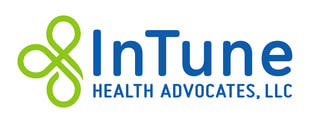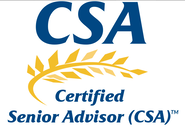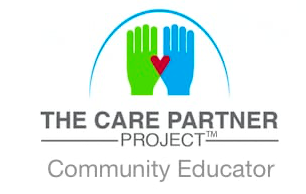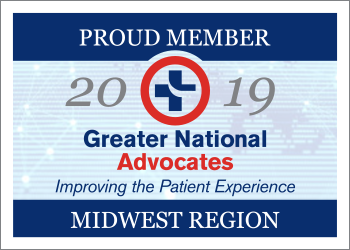 A lot of people reach out to me to talk about issues with their aging parents. It’s usually when there’s already a crisis going on. We know it’s better to plan ahead in these situations. What are some things you can do to plan ahead and be prepared for when a health crisis happens? 1. Advance directives - these include designating a health care power of attorney, filling out a living will, completing a DNR (do not resuscitate) order. If you’re a regular reader of my blog, you know I talk about these things often! Key point: don’t just list someone as your healthcare POA, ask them if they are comfortable assuming this role and talk with them about your wishes. Here’s a link to a previous blog. 2. Will, Trusts, Power of Attorney for Property - this is not my area, but it is definitely important to work with an attorney to get these set up. Leaving your family to deal with probate and the messiness of not having a will is a disaster waiting to happen! 3. Find out what assets your parent(s) have and where they are located; e.g., what bank(s), investment firms, etc. Do they have a long-term care insurance policy? This is important for planning for long-term care, if necessary. Assisted living, memory care, long-term skilled care, home caregivers are incredibly expensive. It is important to understand what assets are available for these types of care - no one wants to think they will ever need it, but many many people do. Be sure someone is listed as a beneficiary on each account and, if possible, fill out release forms so that people who control access to these assets are able to speak with designated representatives. 4. Help your parents set up portals if they have not done so. If they have set them up, ask them to share their login information. This makes accessing information and asking questions of providers/insurers so much easier! Some examples of portals you may need to access if they are unable to care for themselves include: a. Medicare (medicare.gov) - You can see your parent(s)’ Medicare number, check claims, see what Part D plan they have, send messages if there is a problem. Also, either: - Part D and Supplemental/MediGap insurance portals, or - Medicare Advantage insurance portal b. Health system portals - It is critical to have access to what medications your parent takes, their allergies, health history, test results, providers, and more. It’s difficult to be an effective advocate for someone without knowing this information. The portals (eg, MyChart) have a place to add people as emergency contacts as well as upload advance directives. If your parent sees physicians in different health systems, you can link those portals so that you can see everything in one place. c. Social Security (login.gov) - You are allowed to list an “advanced designation of representative payee” who could manage your benefits if you became incapable of doing so. You can also access your Social Security statements. 6. Communicate! Cultivate open communication… this can be challenging if it’s not the way things have worked before. I’ll talk more in my next blog about strategies for having these tough conversations. Please contact me if I can help with any of this! [email protected] Bottom line: Trust me, you’ll be glad you took the time to take care of these tasks! Comments are closed.
|
AuthorWrite something about yourself. No need to be fancy, just an overview. Archives
February 2024
Categories |

 RSS Feed
RSS Feed



